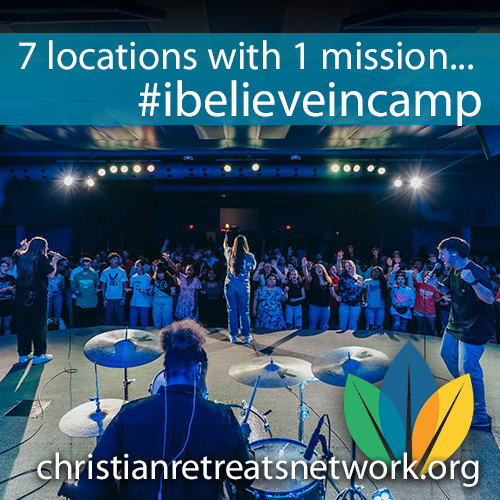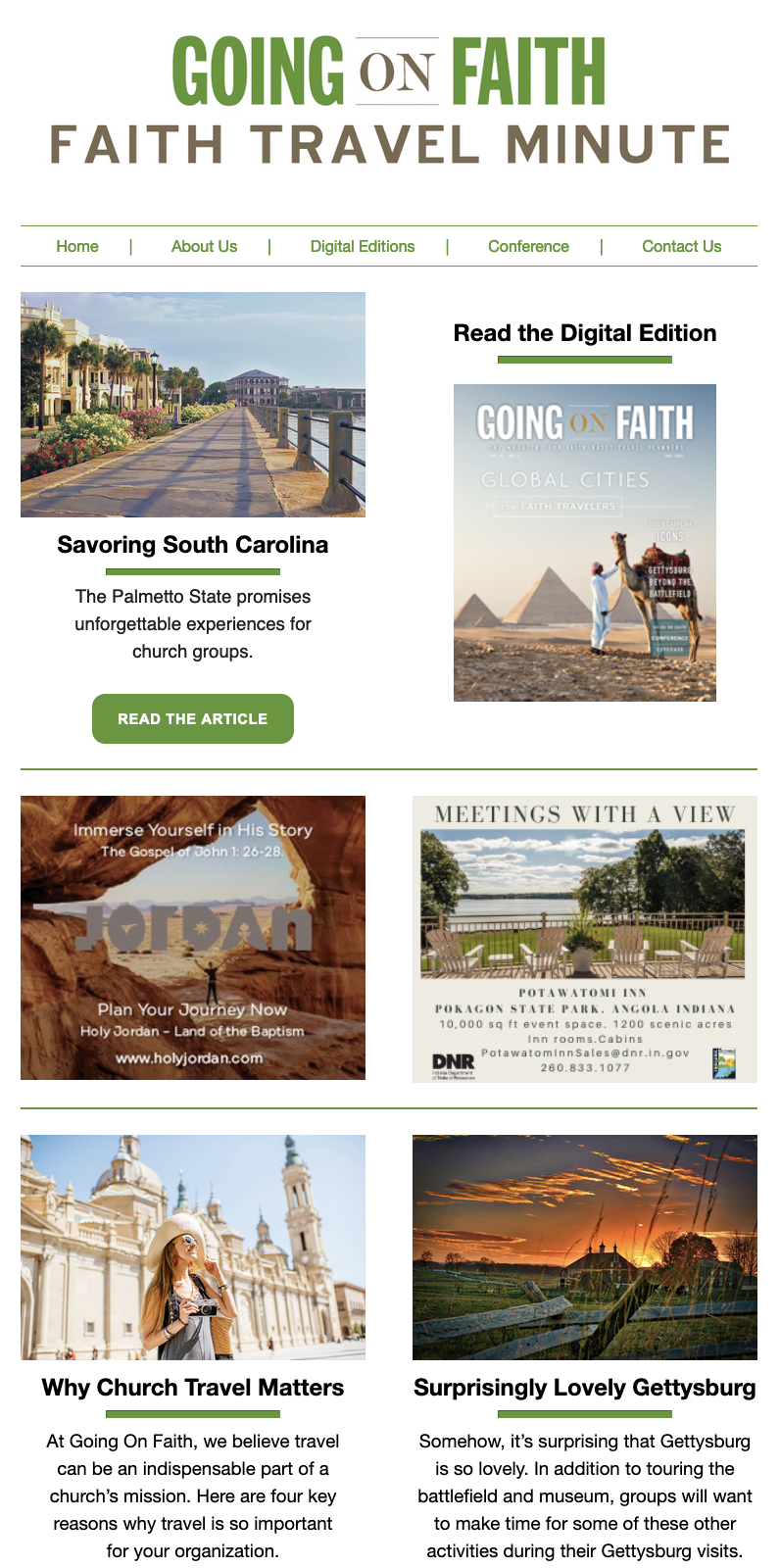And just like that, everyone was talking about transformational travel.
In my 20 years in travel journalism, I have seen a fair number of trends come and go, each accompanied by its own stylish buzzwords. There was a time when upscale travel was all the rage. Next, faith travel had a moment in the sun, with many companies and organizations in the industry scrambling to get faith-based initiatives off the ground. Then, as baby boomers became the most coveted demographic in group tourism, people started talking a lot about ideas such as experiential travel, eco-travel, green travel, culinary travel, voluntourism, authentic travel and meaningful travel.
For a year or two, during the COVID-19 pandemic, we had no travel, followed by a couple years of revenge travel. By all accounts, though, that wave has receded. So, it’s natural to wonder what might come next.
The answer, according to many thought leaders in tourism, is transformational travel.
What exactly is transformational travel? Answers may differ slightly from person to person. But at its core, the key idea is that travel has the power to change people. It can help them become more active, improve their mental health, experience personal growth and even heal from traumatic experiences. Increasingly, today’s travelers are searching for trips during which they will not only have fun but also achieve some of these deeper goals. They’re searching for transformation.
That may sound like a tall order or an unrealistic expectation. Sure, you know how to book hotels, charter motorcoaches and plan itineraries. You even know how to entertain your group as you drive down the road. But do you know how to change someone’s life?
Don’t worry, I have good news. As a church group travel planner, you are probably already leading people in transformational experiences, whether you realize it or not.
In today’s world where loneliness has become an epidemic, taking people on group trips together can be a powerful antidote to the isolation that has made life so miserable for so many. Travel supercharges the relationship-building process, helping people strengthen existing friendships and create new ones. That’s transformational.
But there’s more. Because as a church travel leader, your trips aren’t just building relationships. They’re building community. You’re inviting friends not only on a trip but also to join a faith family on an adventure. When new people find a place to belong on your trips, they’re more likely to find a place to belong in your church as well. That’s transformational.
And finally, your trips have a spiritual impact. Whether you’re taking people to visit biblical sites in faraway lands or simply gathering for prayer or Bible study as part of a long weekend in a neighboring state, you play a part in connecting people to a deeper faith. You’re meeting people’s innermost needs. The things you do in your travel program may reverberate in eternity. That’s transformational.
Will transformational travel end up being a trend that comes and goes like many others? In the general tourism market, perhaps. But for everyone working in faith-based travel, transformation isn’t just a flash in the pan. It’s at the heart of what you do, and it always has been.
The rest of the world is just now catching up.










